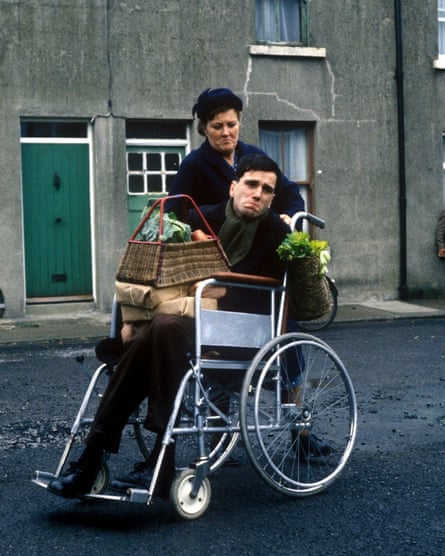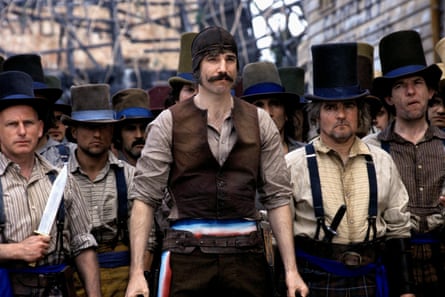 |
| Daniel Day-Lewis |
Daniel Day-Lewis: an extraordinary career of acting artistry – is it really all over?
Day-Lewis, however, has long had the luxury of accepting only those jobs that interest him and enjoying a mini-retirement between each role. Now he has the luxury of reading his own professional obituaries, which, unlike the real thing, will be coloured by regretful scepticism, by a feeling that it can’t be over. Well, I believe him. He retired from stage work after an emotional crisis that assailed him in 1989. He had been playing Hamlet at the National Theatre in London when he had a feeling that he had seen the spirit of his late father. He never appeared on stage again. It was not a formal retirement, but it certainly showed his steely personal resolve.
Screen acting careers don’t get any more brilliant than Day-Lewis’s, and looking back at his – and despite that much discussed and giggled at method-acting approach – his roles look like an old-fashioned portrait gallery of meticulously costumed characters, like brilliant theatrical creations by Olivier or Welles. He has always been a superbly accomplished craftsman, and it is telling that before going into acting he applied (albeit unsuccessfully) for an apprenticeship as a cabinet maker and, in the late 90s, apprenticed as a shoemaker under the master cobbler, Stefano Bemer.

For My Left Foot in 1989, the film that won him his first best actor Oscar, he meticulously re-created the personality of Christy Brown, the writer and painter born with cerebral palsy and only able to move his left foot. It was a characteristically dazzling performance (although 20 years later the same thing might well be accompanied by a dispute over casting a non-disabled actor). His second Oscar was for his stunning lead in Paul Thomas Anderson’s There Will Be Blood, playing the angry, conflicted and unhappy oil mogul Daniel Plainview. Again, like Olivier, Day-Lewis had triumphantly nailed the voice (though at what point in the process we can’t know). It was a resonant Scots-Irish American, a little like John Huston. The whole form of the character came to vibrant life, and his eyes blazed like coals, incandescent with fear and rage.
And his third Oscar was for playing Abraham Lincoln in Steven Spielberg’s fine study of the American president’s personal crisis during the US civil war. It was a gaunt, wintry, wounded but determined Lincoln that Day-Lewis created for the screen; a wonderful, humanist leap of imagination, finding a way into a historical figure who is otherwise dauntingly legendary, like something marble or granite. Day-Lewis found a Lincoln of flesh and blood.
But my favourite Day-Lewis roles are not his Lincoln or Christy Brown. I loved the sheer sinuous sexiness and subversion of his gay ex-fascist street-fighter punk Johnny Burfoot in My Beautiful Laundrette (1985), scripted by Hanif Kureishi and directed by Stephen Frears. An utterly contrasting role was his prissy, lemon-voiced Cecil Vyse in the Merchant/Ivory adaptation of EM Forster’s A Room With a Viewthat year. It was a cousin to his exquisitely refined Newland Archer in Martin Scorsese’s adaptation of Edith Wharton’s novel The Age of Innocence in 1993. He brought classical poise and a dancer’s grace to the screen.
Very different was his roistering, monstrous turn in Scorsese’s Gangs of New York (2002), part mobster, part circus performer. It was larger than larger than life, and many felt that Day-Lewis had a slight tendency to ham. I loved his mad energy and repeat the response I made at the time: quibbling about it is like objecting to the mis-aligned spangles on the costume of a someone who is juggling double-decker buses.

My least favourite Day-Lewis performance is the one which is most quoted: his Hawkeye in Michael Mann’s The Last of the Mohicans, resonantly promising: “I will find you!” Of course, it is a terrifically confident, plausible performance, but unlike almost any other Day-Lewis movie it is slightly generic.

No comments:
Post a Comment